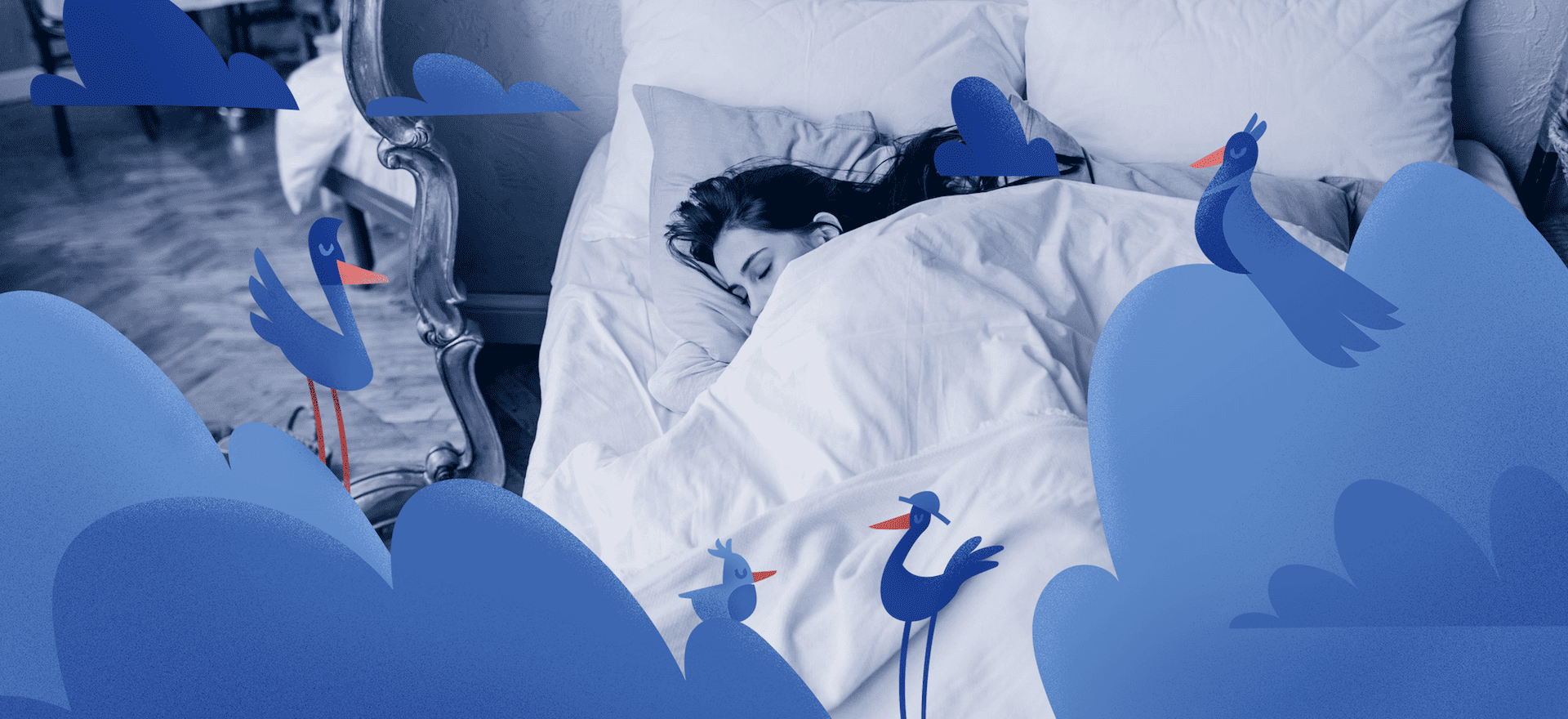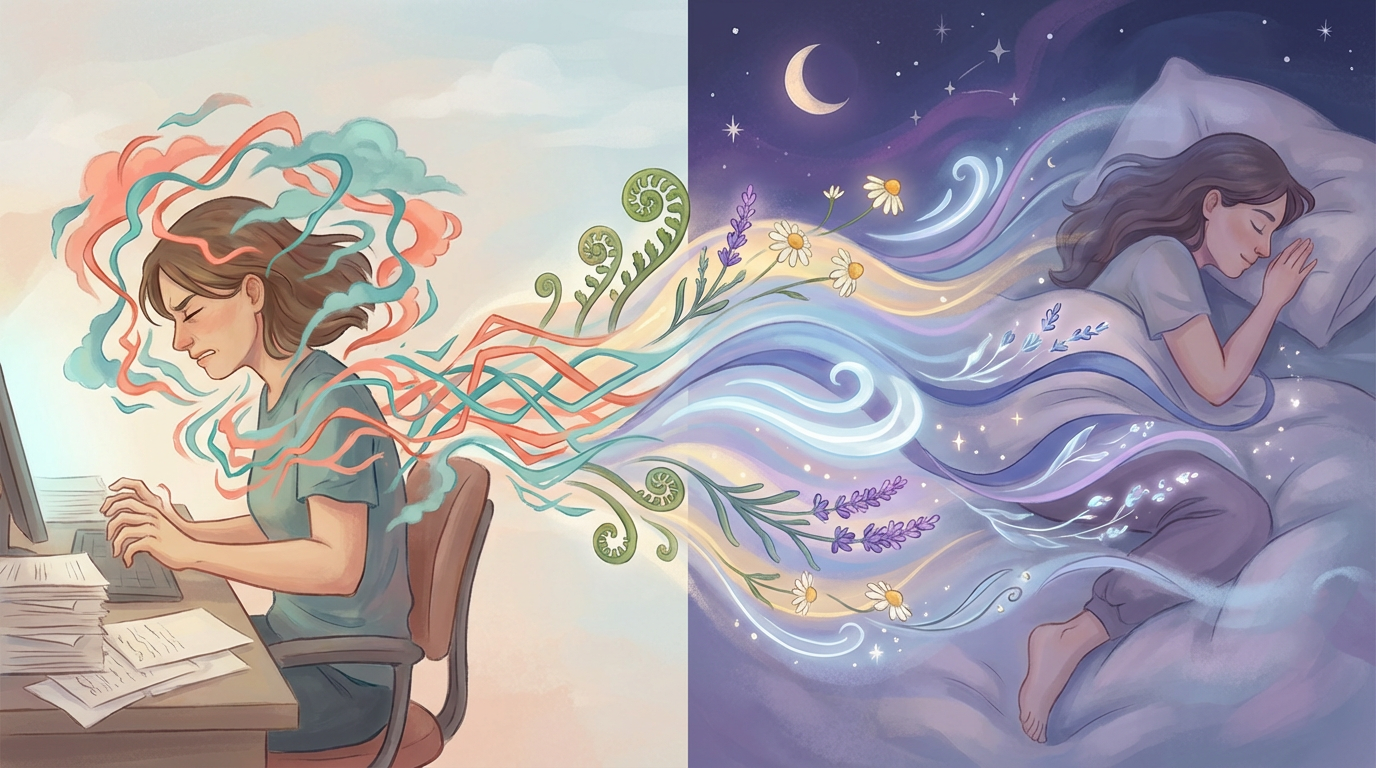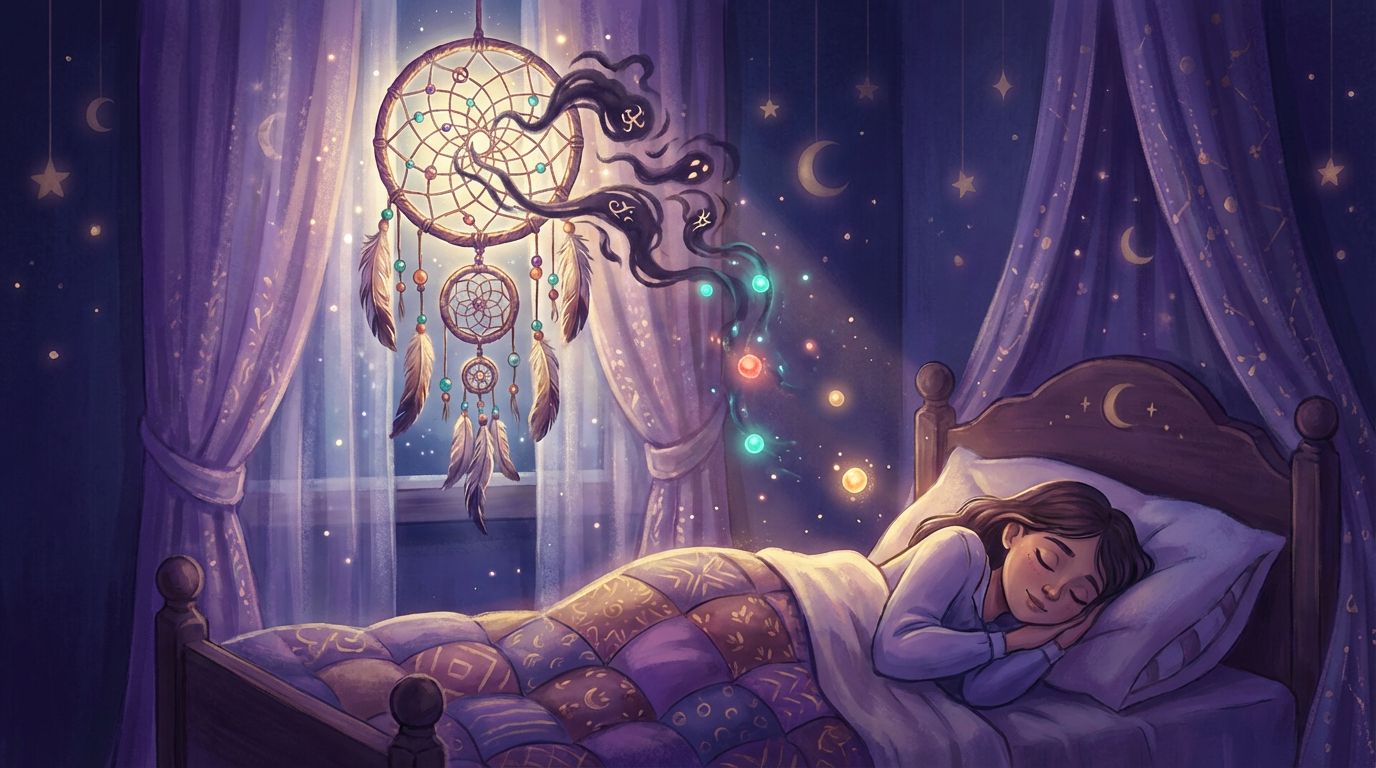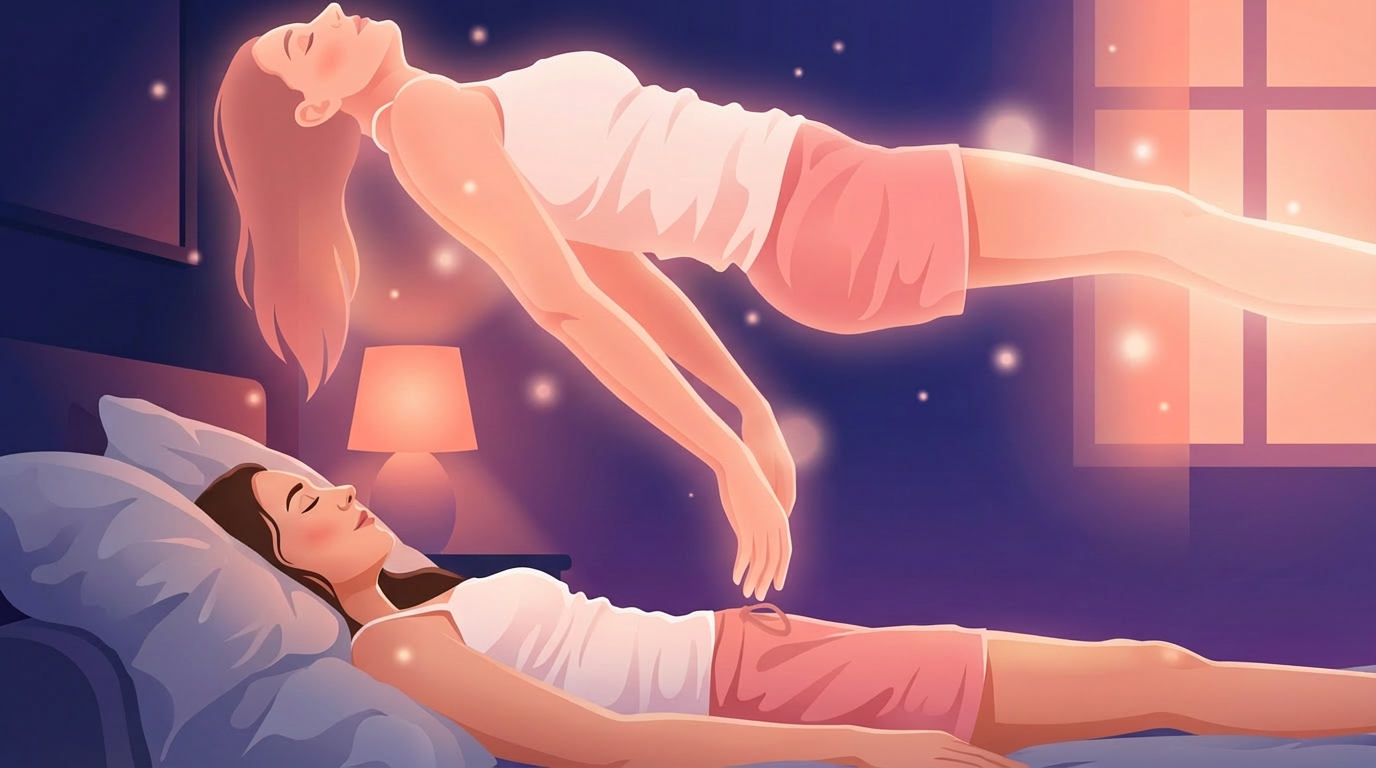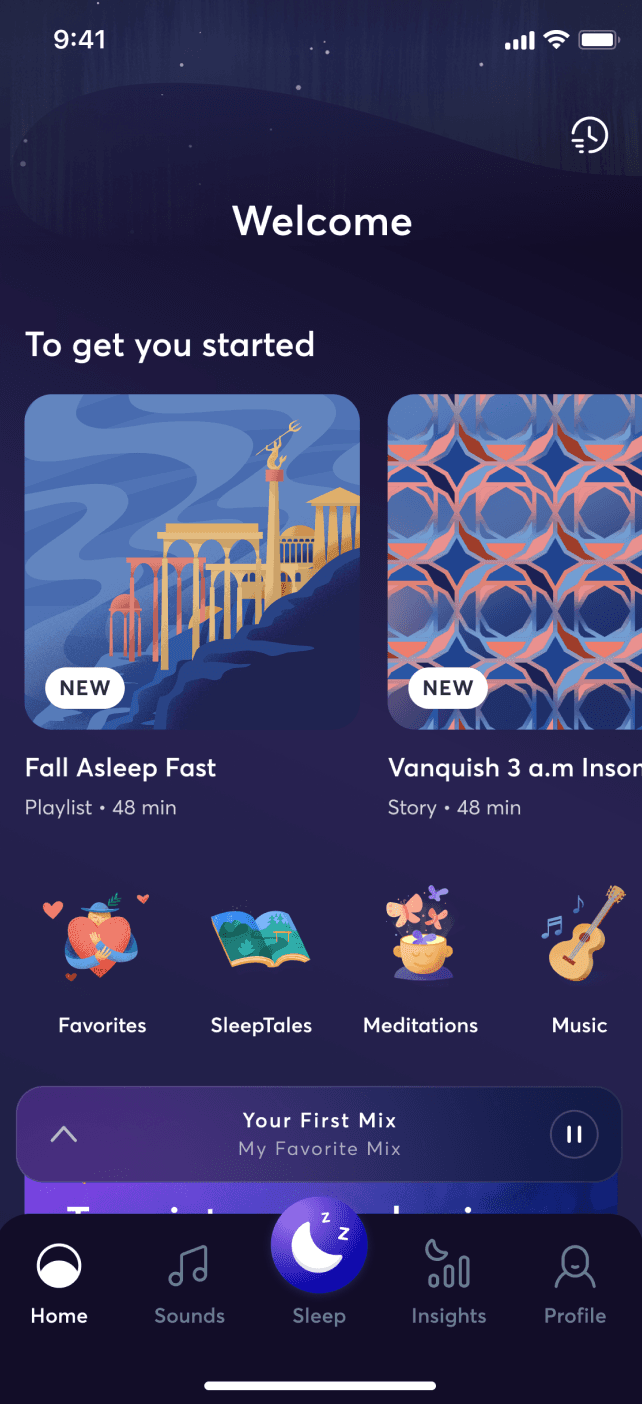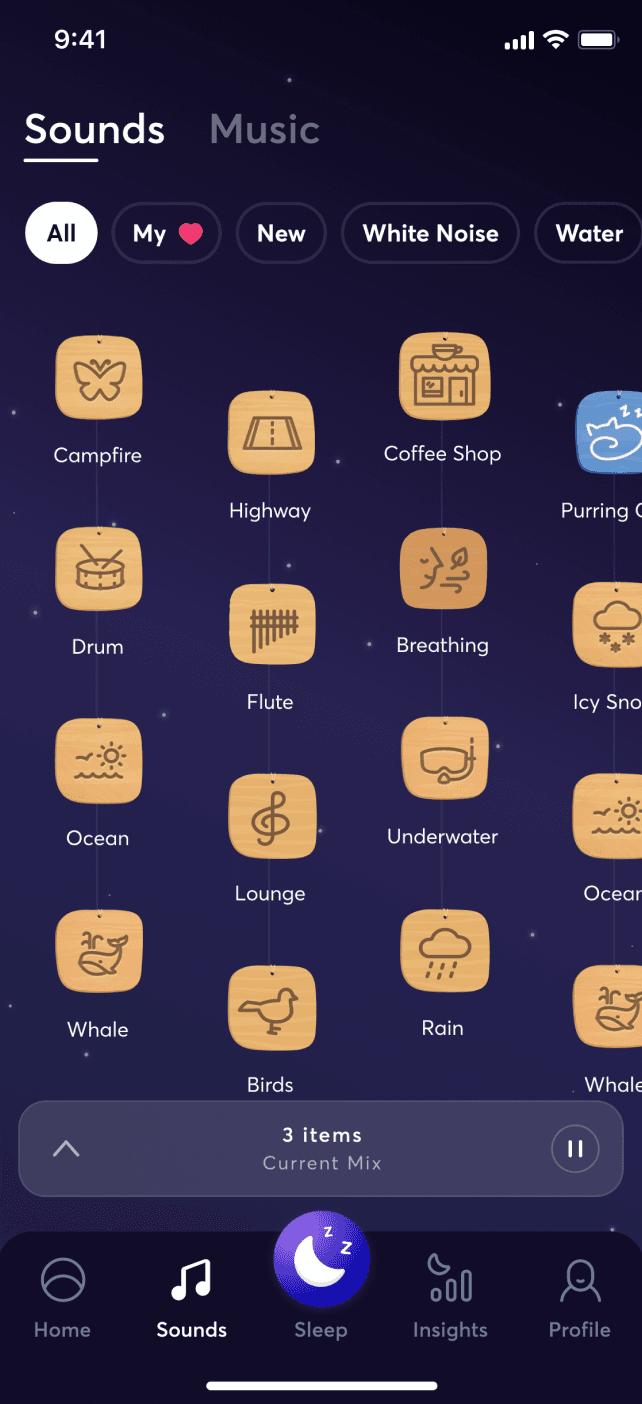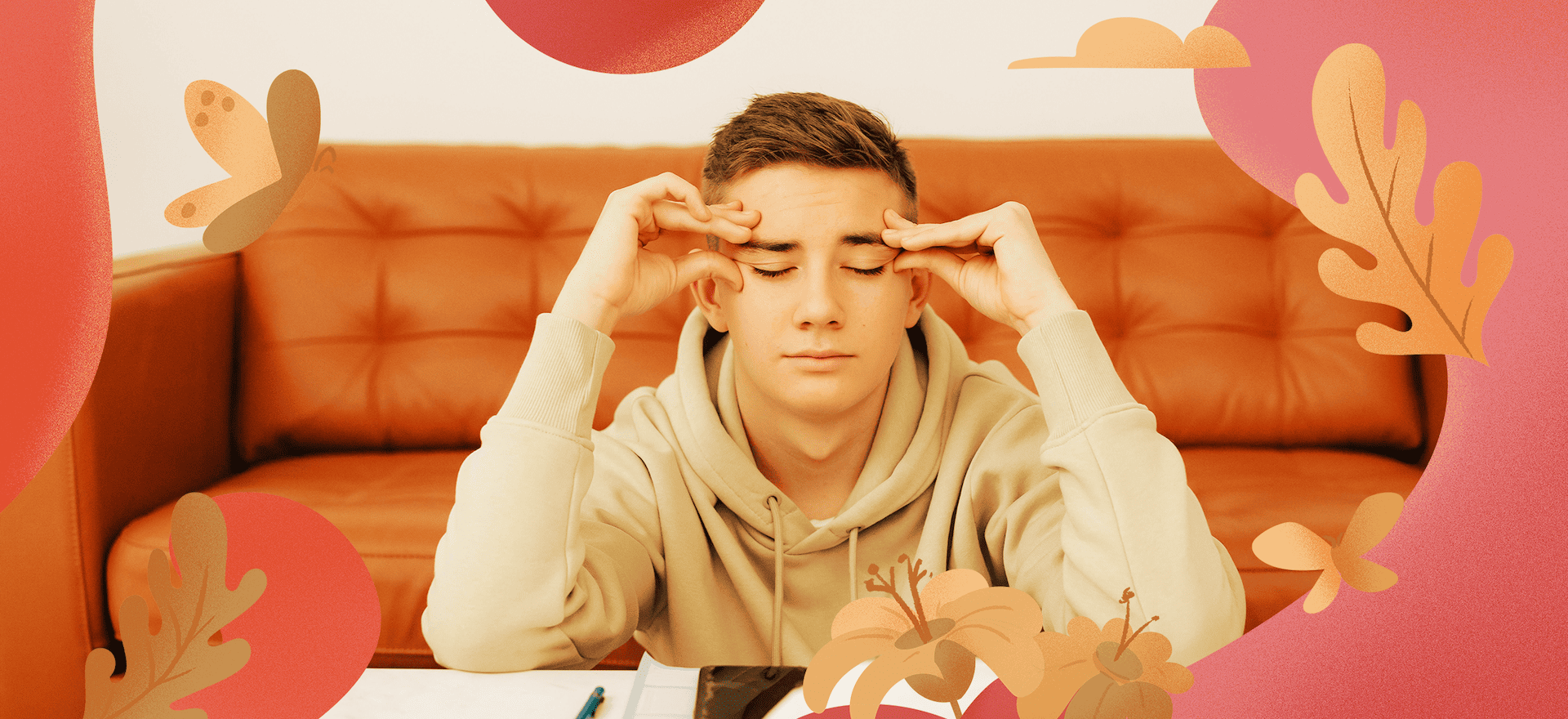
ADHD and Sleep: How Mindfulness Can Help You Drift Off
Falling asleep can be challenging for anyone, but if you have ADHD, this can seem even more daunting. Racing thoughts, restlessness, and an overactive mind make it harder to wind down at night. The mental noise that many experience before bed is taken to a new level for those with ADHD—making the transition to sleep even tougher.
This is where mindfulness comes in. BetterSleep’s new guided meditation, “Evening Practice for ADHD”, is specifically designed to help calm both the mind and body, using proven techniques to aid sleep. The exclusive content is led by Dr. Lidia Zylowska, a global leader in the field of ADHD and a renowned mindfulness teacher.
The ADHD Sleep Struggle: Why ADHD Makes Falling Asleep So Challenging
For many with ADHD, falling asleep is not just about battling restless energy—it’s about how the brain functions. ADHD is known to impact focus, impulsivity, and hyperactivity throughout the day, and that doesn’t stop when the lights go out. This can lead to a cycle of overthinking, racing thoughts, or even “hyperfocus” on something irrelevant, making it nearly impossible to calm down.
Studies suggest that between 25% and 50% of individuals with ADHD can experience sleep-related issues, the most prominent being the actual transition to sleep. Struggling to shift from an active, overstimulated mind into a restful state leaves people feeling drained the next day, worsening both sleep quality and ADHD symptoms.
Using Mindfulness to Quiet an Overactive Mind
When it comes to ADHD, the key challenge is calming the mind enough to allow sleep to take over. Mindfulness is what helps individuals stay in the present moment and redirect attention away from distractions—both physical and mental. For those stuck in overthinking or hyperfocus loops, mindfulness offers a way to break free from that cycle.
Research shows that mindfulness practices like progressive muscle relaxation, meditation, and breathing exercises can lower stress, enhance relaxation, and improve overall well-being. By learning and practicing these techniques, you can smooth the transition from wakefulness to sleep and build a consistent, more restful bedtime routine over time.
Introducing Dr. Lidia Zylowska and “Evening Practice for ADHD”
BetterSleep’s brand new guided meditation, “Evening Practice for ADHD”, is specifically designed for those with ADHD to calm their minds and find better sleep. The meditation is led by Dr. Lidia Zylowska, a renowned leader in the field of ADHD and mindfulness. We had the opportunity to chat with Dr. Zylowska and dive more into her work.
Q&A with Dr. Zylowska
Q: How can mindfulness specifically help people with ADHD calm their minds at bedtime?
Dr. Zylowska: Mindfulness helps shift attention away from busy thoughts to something present in the moment—like the breath or body—to promote relaxation. By taking slower, deeper breaths or softening muscles, you can guide your mind toward a calmer state. Techniques like mindful breathing, body scans, or mindful walking can help. You can also shift attention to sensations like sound or touch—listening to relaxing music, taking a warm shower, or doing a gentle hand or face massage. While the mind naturally wanders back to busy thoughts—especially with ADHD—mindfulness allows for gentle redirection, gradually promoting calm. The key is curiosity and compassion, not self-criticism.
Q: In your opinion, what makes mindfulness more effective than other techniques for managing ADHD-related sleep problems?
Dr. Zylowska: Mindfulness is more than just stress management—it helps you become aware of your habits and impulses in real-time. By checking in with yourself in a curious and non-judgmental way, mindfulness allows you to recognize unhelpful patterns and choose new responses. Over time, this can lead to healthier sleep habits.
Q: Can you explain how your “Evening Practice for ADHD” meditation is structured to help listeners transition into sleep more easily?
Dr. Zylowska: The “Evening Practice for ADHD” follows the STOP mindfulness technique, which encourages self-check-ins during the evening. It helps you observe bedtime habits, like procrastination or media overuse, and choose activities that allow you to unwind. For the ADHD brain, some stimulation is often helpful for unwinding, so the key is finding the “sweet spot” between engaging and relaxing activities that calm, rather than overstimulate, the mind.
Building a Bedtime Routine to Help ADHD
Having a consistent bedtime routine is a critical part of managing ADHD and improving sleep quality. It’s how you signal to your brain that it’s time to wind down, put the day behind you, and drift off. Here are a few practical tips to help you build an ADHD-friendly bedtime routine that works:
- Stick to a regular bedtime. Going to bed at the same time each night helps you regulate your internal clock, making it easier to fall asleep.
- Limit screen time before bed. Avoiding blue light—and the buzz of late-night content—will help keep your mind at ease.
- Create a calming environment. Dim the lights, tidy your space, and get comfortable. A peaceful room is a helpful step toward a peaceful mind.
- Avoid caffeine and heavy meals in the evening. Caffeine and large meals can keep your body alert and disrupt your sleep cycle, so try to avoid them a few hours before bed.
- Practice mindfulness. As you now know, mindfulness plays a powerful role at bedtime. Techniques like deep breathing, meditation, and body scans can help you achieve a more peaceful night’s sleep.
A Mindful Path to Better Sleep
Managing ADHD at bedtime can feel like an uphill battle, but mindfulness provides a practical and effective way to calm both the mind and body. By building a consistent bedtime routine and incorporating mindfulness techniques, you can reduce stress, turn down racing thoughts, and improve the quality of your sleep. A regular mindfulness practice doesn’t just help at night—it can also improve focus and anxiety during the day, setting the stage for better rest over time.
BetterSleep’s “Evening Practice for ADHD” by Dr. Lidia Zylowska will help you address the unique challenges of ADHD and sleep, guiding you toward a more restful, peaceful night. With these tools at your disposal, a great night’s sleep is within reach.










